It is HOT! in Europe in the moment. It’s probably hard for you to believe while it is cold in Sydney just now. But even their hot weather isn’t as unpleasant as our really hot Sydney summer days.
I met some Year 5 students here who wanted to know if we have “Hitzefrei” (heat-free) when it gets too hot. At their school, if the temperature goes above 30 degrees celsius, school is canceled. Can you imagine that? We would hardly go to school! They can’t believe that we don’t have Hitzefrei, or how hot it gets for us. But they were glad to hear that we have air conditioning at our school (they don’t).
The students had many questions about school, and as I showed them photos, they couldn’t believe our uniforms!
Everywhere we go, people are astounded that we have been able to pull our children out of school, as German regulations around this are very strict – the maximum extra time you can take your child out of school is 2 days, and they cannot adjoin holidays. You have to seek permission and have a very good reason! Police go to the airports on the last day of school, and if parents can’t produce the child’s report (issued on the last day), they receive massive fines for breaking these laws.
Austria’s rules are not quite as strict as Germany’s. They are allowed to have a maximum of 1 week out of school, and permission is sought from the Government to do this.
German children have so much more independence and much more is expected of them. School starts by 8, and is usually finished by 11.30. There are no casual teachers, so teachers are not replaced if a teacher is absent (at least in upper primary and high school). Many schools put their timetable online, and students can check in the morning to see what their lessons are, and if any are canceled. They are expected to do some work on their own, or go home and come back again. High school starts from Year 5 onwards.
In Year 5, students learn German and English and 1 other language!!!, the level of proficiency is impressive, because they have at least 5 lessons a week of their other languages, so everyone has the opportunity to become fluent.
Students pass a “walk to school test” at around Year 2 age. They receive their “Walk to School Licence” – then they are expected to walk to school on their own, and many will be allowed to walk home alone (even if their parents are not at home yet).
There is an after-school program for younger students whose parents work.
Schools also conduct bike riding lessons, and when the students are ready, the police assess whether they pass and receive their Licence.
In the towns and cities, there are so many aspects of life like this, that mean it’s easy to lead an active, healthy lifestyle.
What do you think about all the things that are different? Which things do you prefer? The German way or the Australian way?
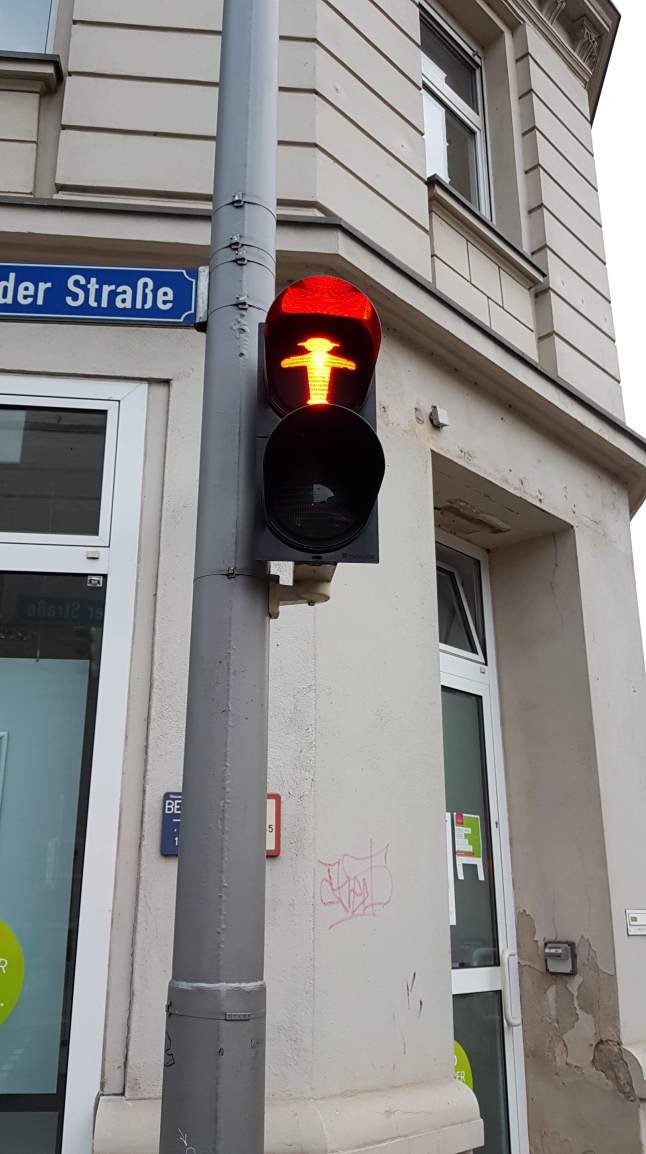
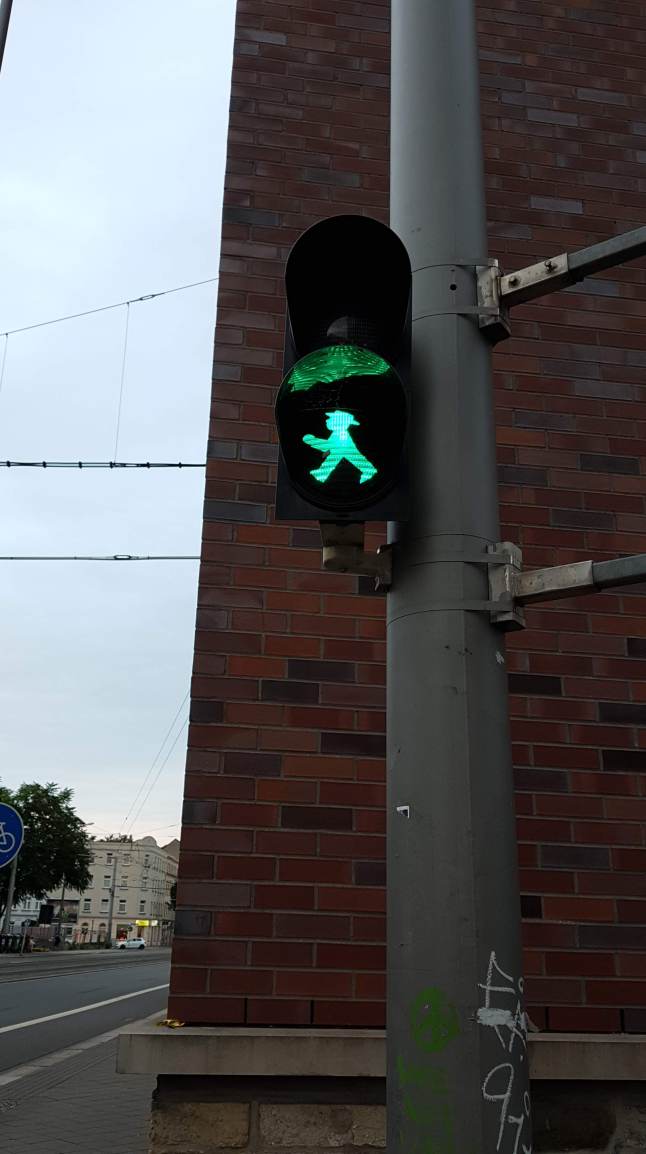
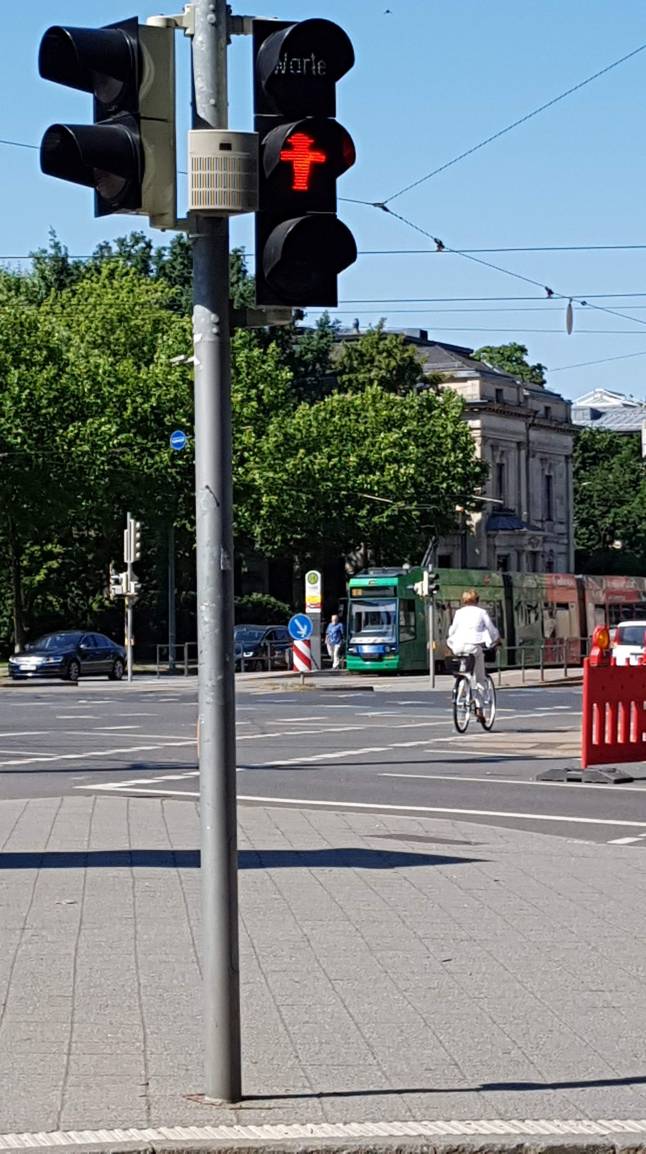
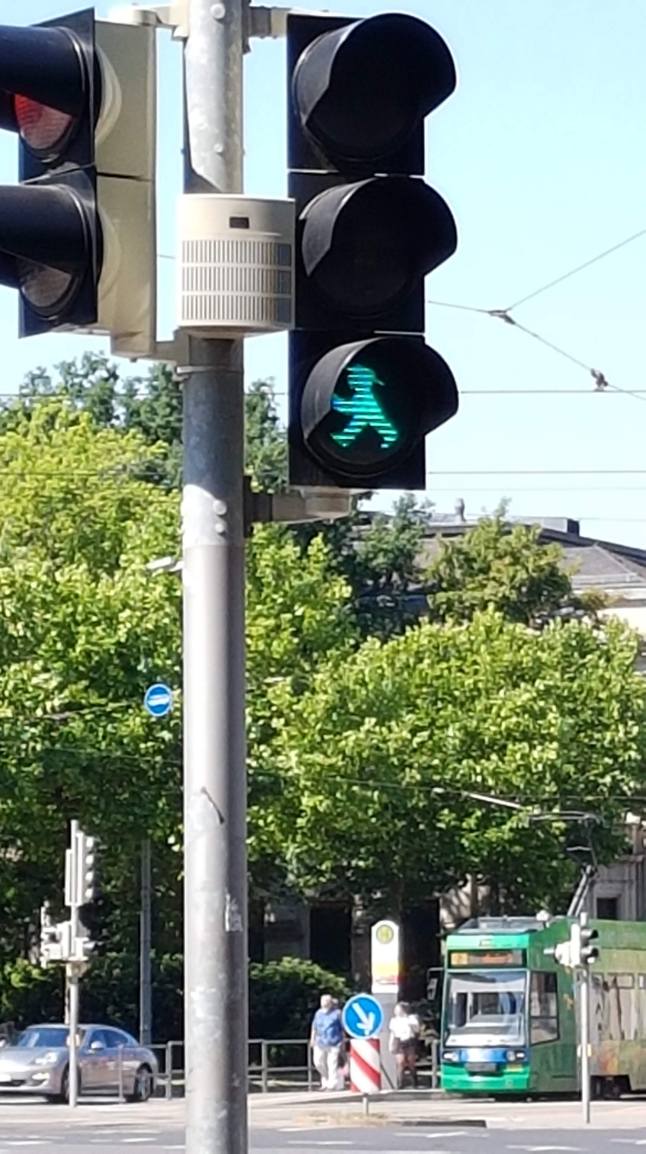
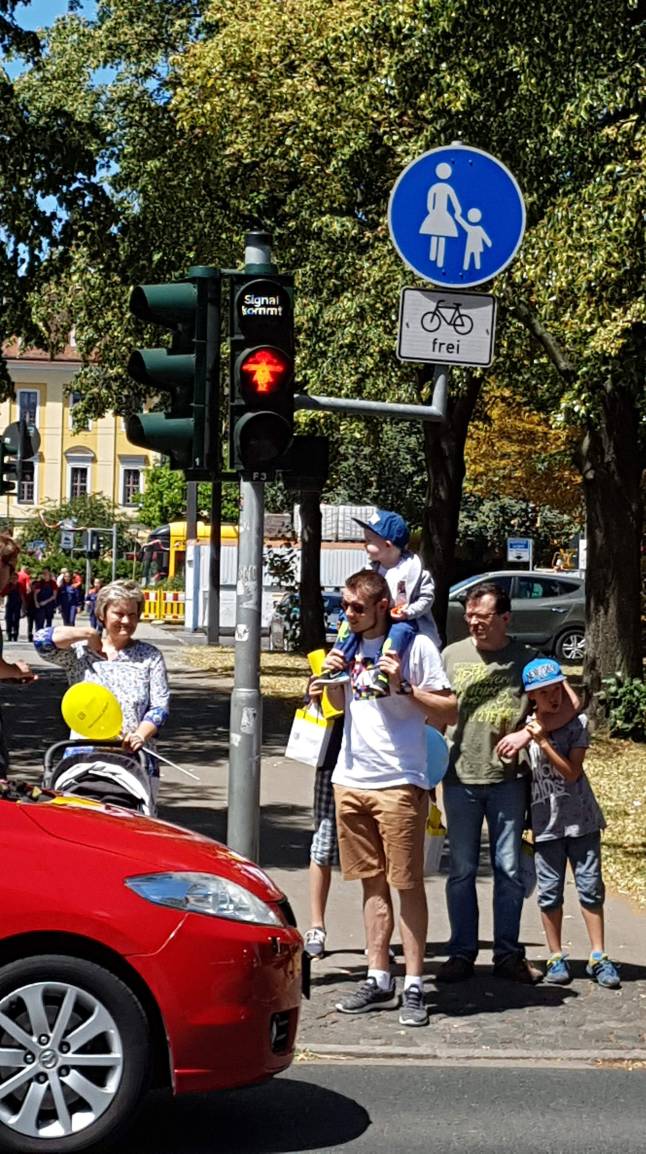
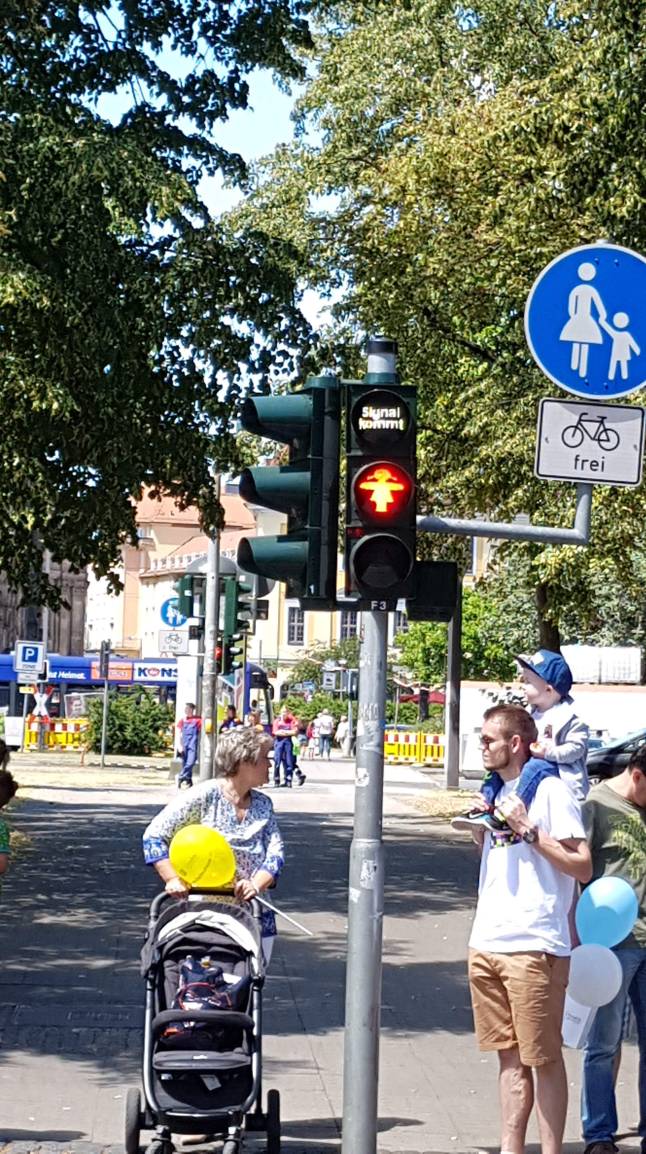
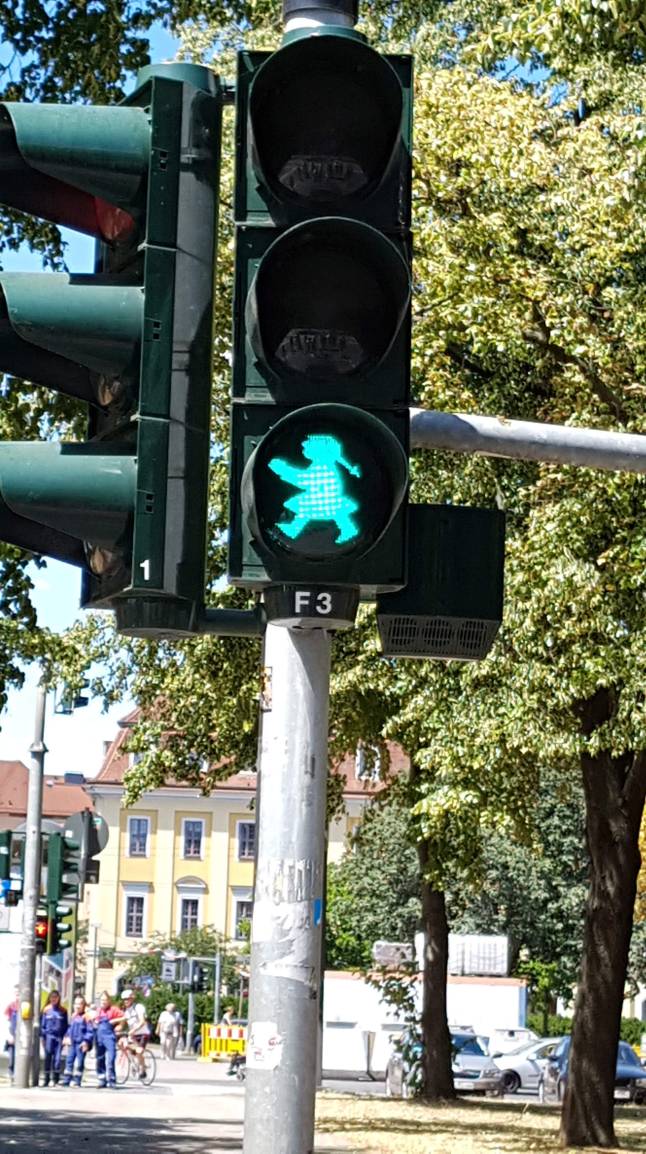
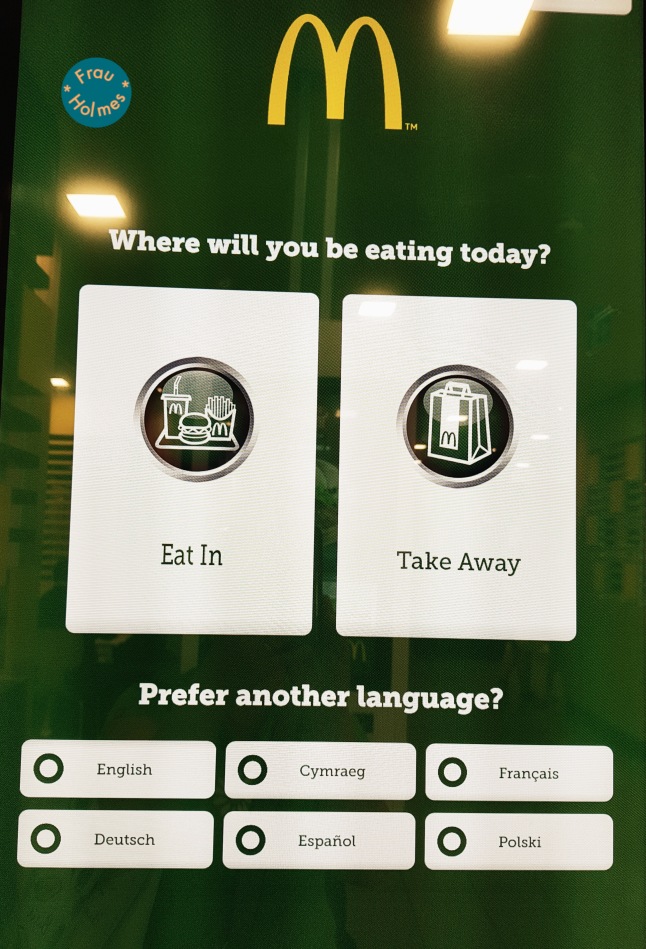
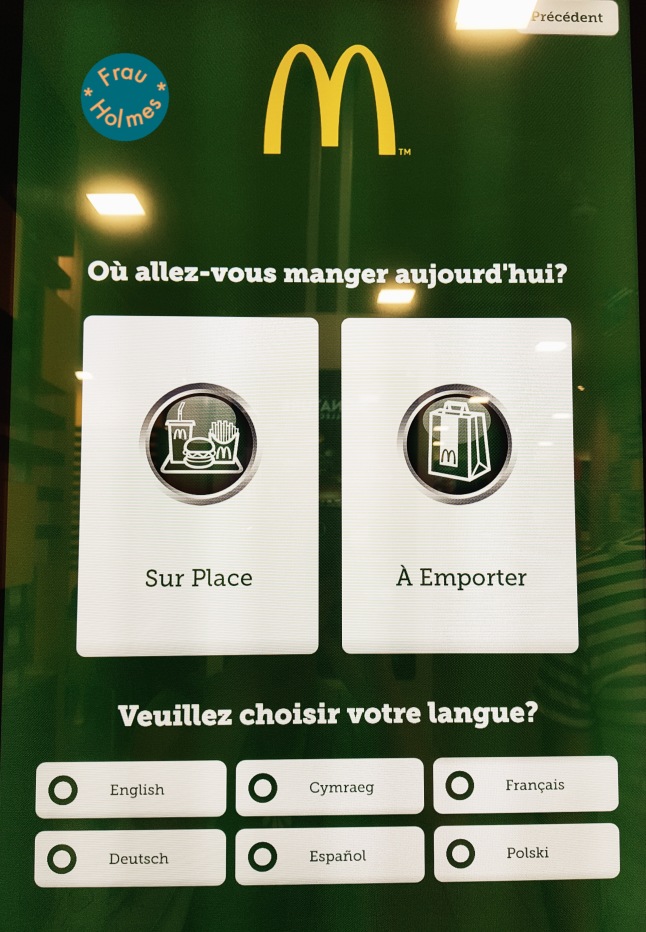
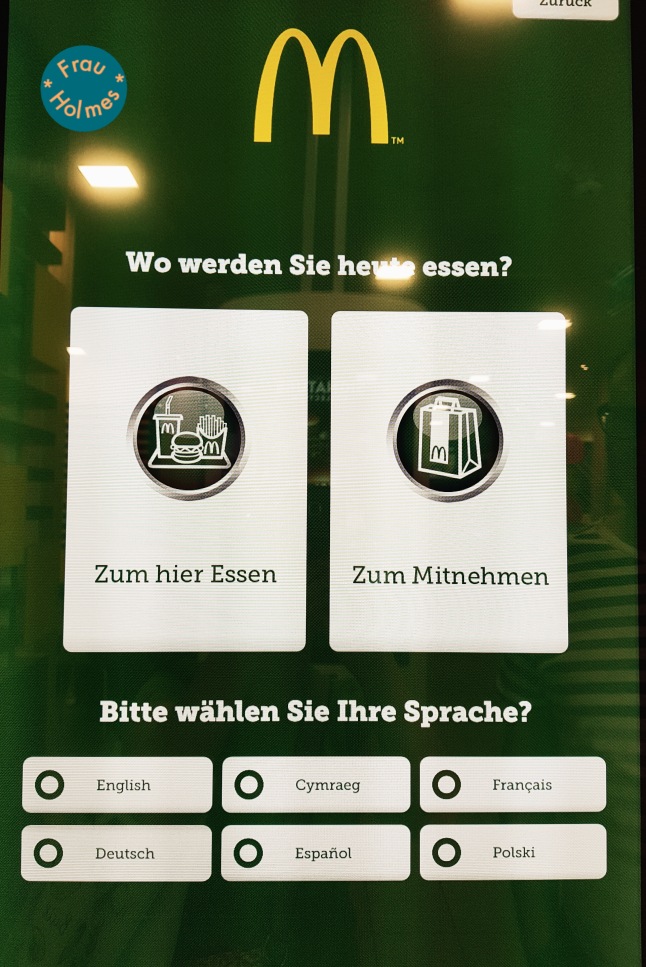
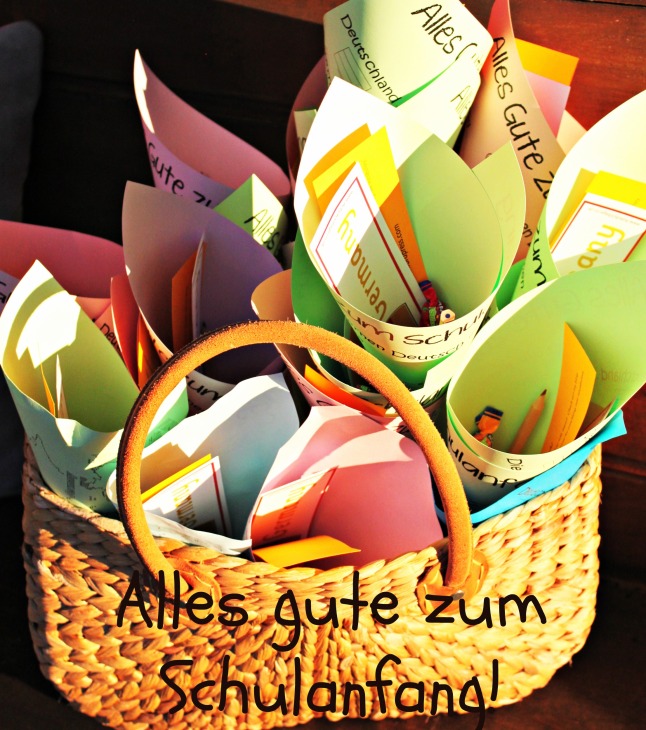 .
.
